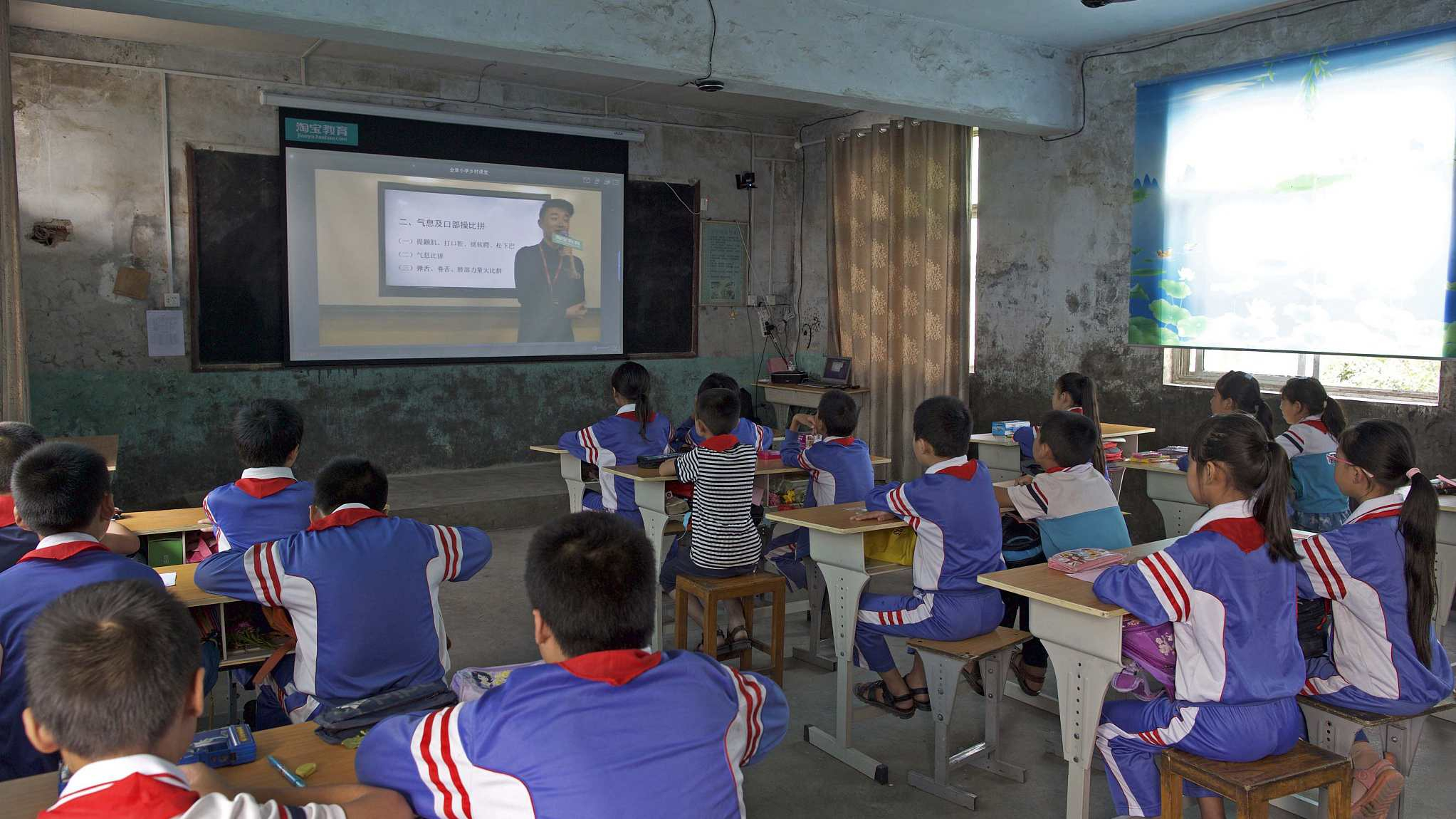The Patatas – An Education Solutions Consultancy
Issue of schools in remote areas
Most of us would have had at least basic, primary school education, and if you live in Singapore, the first 6 primary school years are compulsory. Most of us might even have taken our education for granted, not realising that it is a privilege that not every child in the world is afforded. We complain about going to school and avoid doing homework. We take our electronic devices for granted and fail to realise how they have aided us in our education. Innovations in schools in remote areas are rare due to their limitations of resources. We have never really stopped to consider how different and difficult receiving an education might be if we were not born in a developed country. Let’s stop to consider then. What if we were born in a less developed country, and in a remote area? These same resources will not come as easily to us anymore. Chances are, we would not have been able to attend school for many reasons, either the school is too far away and there is a lack of resources to get there such as a train or bus system. The school itself may even have a lack of facilities, and sometimes even qualified teachers. There are many factors that can hinder education in remote, and especially, rural areas. Thus, there are a number of innovations that have been created and implemented in order to help make education more accessible to students living in such areas.

Source
HP future classrooms are actual classrooms that are designed to fit into a single shipping container, and is outfitted with internet access, as well as HP laptops. This is a program by HP life, which offers online courses in 7 different languages, enabling students to learn many basic skills, ranging from basic entrepreneur skills, to communication skills. This innovation can definitely benefit many students, as it is able to provide an actual classroom with electronic devices to facilitate their learning. However, despite HP future classrooms being a good choice for enabling education in remote areas, it may be a bit difficult to implement as it involves collaborations with large companies, which requires a lot of effort, as proposals and logistics issues have to be settled, which can in turn take up a lot of time. What’s more, it currently only operates in India. What if someone simply wishes to introduce a traditional classroom setting in a remote village, be able to bring along various electronic devices to help facilitate learning, and do all this without the logistics issues of having to work with large companies? Casestudy, a product developed by The Patatas, has an ingenious solution to this problem.

Source
Known as a ‘cost effective digital solution’, Casestudy acts as a “portable classroom”. In a waterproof, shockproof and easily recognisable brightly coloured box, with its contents entirely customisable to the user’s liking, it can easily fit multiple items such as wires, projectors, and even a laptop into a single box! Thus, it enables its users to easily transport multiple items to their respective locations without much hassle or major logistics issues. This product first came about in our longest, pilot project, known as ‘Digi-Eskwela’, where our team visited the Philippines in order to introduce and provide eLearning for the local schools and educators there.
In just 5 years, it was shown that with the help of eLearning, such as the use of tablets already containing education applications and workshops, there was a huge improvement of about 50% in terms of literacy and numeracy skills! This proved that the project was a success. However, while we were in the Philippines, we realised that the infrastructure of the local schools was incredibly susceptible to the natural elements, such as floods and typhoons. The teachers themselves also had to travel to different locations while carrying various equipment, such as projectors, laptops, and various tablets. Not only was this cumbersome and bulky, the teachers had to travel some distance and on packed public transport as well, making it inconvenient. This led to the idea to create Casestudy. Casestudy is able to contain multiple items that are required for eLearning, in a single box, thus making it convenient. Since the box is shockproof and waterproof, it will also be able to withstand the floods and hurricanes that the school’s infrastructure is susceptible to. Thus, Casestudy can be easily transported and is capable of withstanding the harsh journey to these rural schools, allowing it to act as a long-term solution and aid to the local schools and educators.
Innovations in schools in remote areas such as our CaseStudy have shown that using the right set of tools, we can certainly improve education in rural communities. As we shared in an article in The Pride, each box consists of ‘a mini computer, air mouse and keyboard, tablets, projector screen, solar panel power unit, speakers and a projector’. However, as mentioned above, it is entirely customisable to suit each individual’s classroom set up and preference. The box is designed to aid the teacher during his or her lessons.

Source
Once teachers or facilitators are taught, they can easily carry out lessons in the local schools, equipped with a Casestudy box, that has already been customised for their lessons. Should students require learning devices as well, everything can be brought up in a single box, making it less troublesome and tiring, as compared to the past, where multiple bags carrying different equipment such as bulky wires, heavy laptop cases and projectors have to be used. What’s more, Casestudy does not require electricity or internet data, enabling education to take place anytime, anywhere. The devices themselves use solar power charging, making it extremely beneficial as most of these remote areas have limited access to any ‘modern’ resources. Thus, having it be powered by solar panels makes it much more versatile to be used in virtually any setting.

Source
